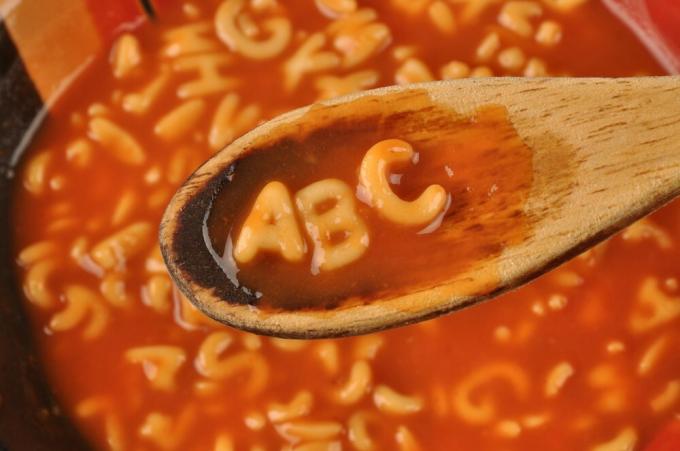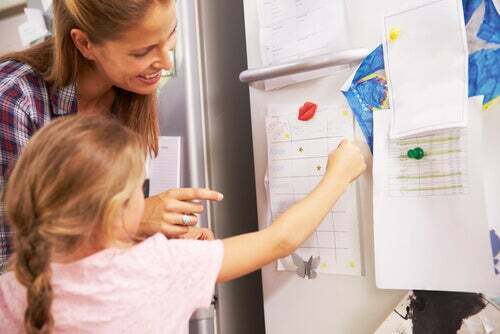A great strategy to accelerate the process of learning to read of the child, is practicing some exercises at home. This is because the child, in a distracted and even unconscious way, can have fun while practicing the activities.
However, for it to work, parents must be patient with the child's pace and understand that the family plays a fundamental role in this process. In addition, it takes time and creativity on the part of parents.
see more
Youth and Adult Education (EJA) is once again a federal priority
Teacher performance is a key factor for the full inclusion of students…
So check it out now 8 exercises to learn to read.

This is one of the most obvious ways to help your child read. This method is very important as it is beneficial to the language development, as well as increasing vocabulary and improving the development of the child.
And as a bonus, it improves the relationship between children and parents.

To the alphabet soups can be very helpful. You can ask the child to look for a specific vowel or even consonants. This will make the child learn more easily and will be a positive influence on their learning.

You can cut letters in equal sizes and spread them on a table, or even on the floor. First ask the child to read which letters he can identify and depending on the level, ask him to start putting words together.

Associate images with the letters, ask the child which animal is in the figure, then ask him to say which letter. This process helps inemorization of lyrics. In addition, create games, such as the “Memory Game” and separate the images from the initial letter.

Make posters in parts of the house with some words, always at the height of the child's eyes. You can also name the objects in the house so that the child always associates the words.
After a while and depending on the level, you can ask the child to put the words in the places themselves. This, in addition to being fun, makes the child want to continue learning.
This practice is very similar to the previous one, but consists of a wall with the letters of the alphabet and even inserting some words for the little one to be able to read. The interesting thing is that every week you add new words. This makes the child practice reading more.
In addition, you can place images to make it easier for the child to associate the words.

Do cards with different syllables and suggest the child to make words with the chosen syllables. You can choose the syllables yourself or do a little raffle with random syllables.

Ask the child to look for some letters in newspapers or magazines. Ask her to cut it out and come up with a few words. You can also ask her to look up the letters of her own name, or even give her more difficult words to form.
Read too: Phases of children's drawing: What are they and main characteristics